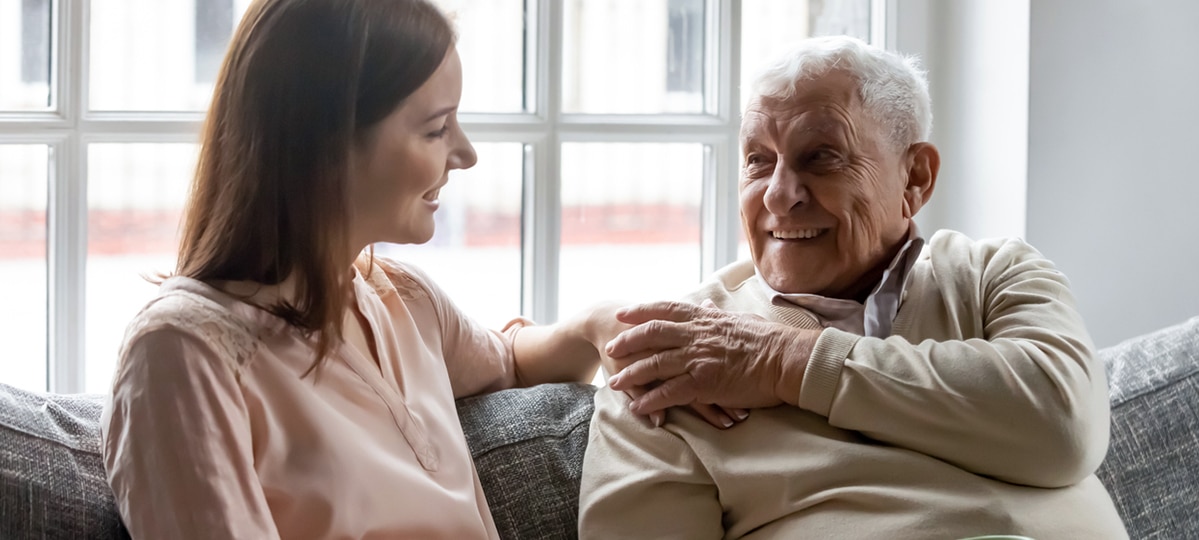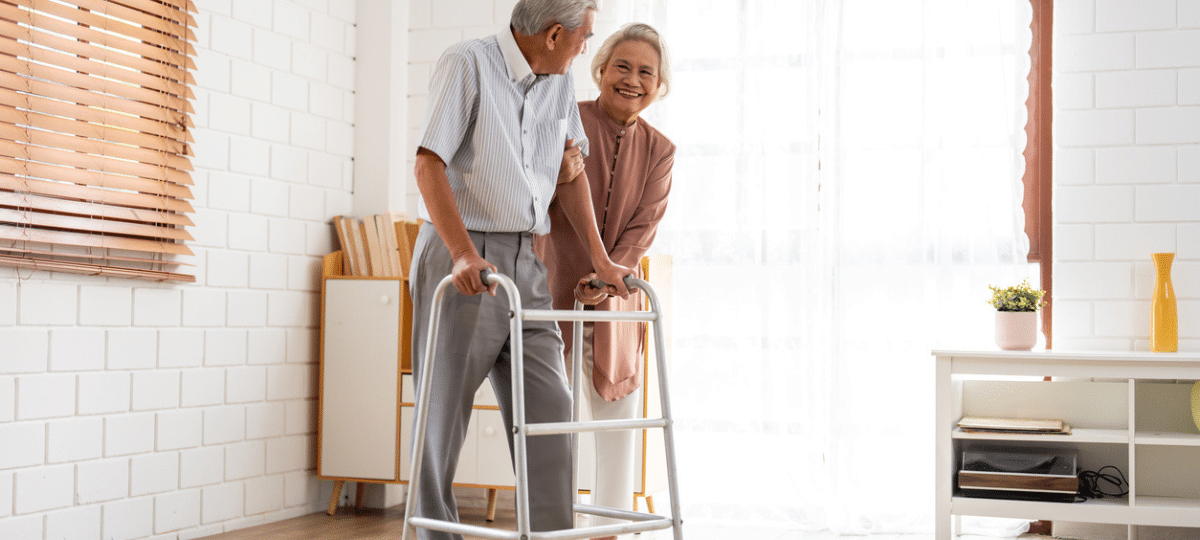As we age, it’s common to experience more physical aches and pains—stiff joints, sore backs, or slower movement. But some forms of pain aren’t visible. Emotional pain, such as depression, can quietly take hold and often goes unnoticed.
Depression in older adults can be difficult to detect, especially when symptoms develop gradually. Early recognition is key to getting the right support in place. If left unaddressed, depression can contribute to a range of physical and emotional health challenges.
In this blog, we’ll explore some of the most common causes of depression in seniors, how it can show up in daily life, and what signs to look out for—especially if you’re concerned about someone close to you.
Seniors and Depression
Depression can hit anyone, but it can be very difficult for our older loved ones. There are many factors that can cause depression, many of which are unavoidable.
Physical Health
Failing health, chronic pain, losing mobility, or the ability to perform basic tasks can quickly lead to depression. The feeling of being a burden can be overwhelming and lead to many more health issues.
If people are unable to get around on their own, older people may not be comfortable asking for rides or help. Often, people will just suffer in silence rather than mention anything and seem to be needy or complicated.
Isolation
Once the family has grown and moved on, or a partner passes on, a person on their own may lose their social contacts. Friends and family are not around and poor health can prevent people from socializing.
The loss of hearing or sight can also lead to people not wanting to socialize. If they can see the movie or hear the conversation, they are more likely to just not go.
Life Changes
A decline in mental or physical health can mean moving in with family, a retirement facility, or into care. This can be devastating for someone who is used to their own life and ways.
A change like this often means downsizing and getting rid of not only belongings but also independence. Losing their home or driver’s license can often bring on depression.
Signs of Depression to Look for
Depression can present in many forms, not all of them obvious. Because these signs don’t happen immediately, they can be easily missed.
Moody and Withdrawn
If you notice that your loved one is cranky, moody, or easily angered or upset, this can be an indication. If they seem to not want to engage in conversation and choose instead to be on their own may be a sign.
This can include the inability or the lack of interest in making some basic decisions. Whether they want to go somewhere, eat a particular food, or what to wear.
Lack of Interest
Perhaps your loved one no longer wishes to partake in activities they once enjoyed. This can be anything from going to a movie, playing cards, or a weekly coffee date.
This can extend to daily chores, as well. If they are not getting dressed, bathing, cooking, or taking care of their home, you need to have them seen by a medical professional.
Change in Lifestyle
Small things in a daily routine can mean someone is coping with depression. This can be not eating, or eating too much, not sleeping, or sleeping all the time.
These might not seem like much, in particular after a loss or life-changing event, but these changes need to be noted and monitored to make sure they are all right.
Negative Thoughts and Comments
If they complain about everything that is put forth, they may not just be in a mood. They may talk about feeling guilty, or worthless, they may talk about being better off dead.
Feeling worthless or helpless can spiral pretty quickly, as telling someone they are needed or loved may not be enough. It is vital that they receive the type of care they need.
Supporting Seniors Through Depression
If you notice signs of depression in a loved one, don’t wait to speak up. Let them know you’re there to listen and encourage them to talk with a healthcare provider. Even small acts—like spending time together, sharing a meal, or helping with everyday tasks—can offer comfort and connection. Depression is not something to be ashamed of, and asking for help takes strength.




